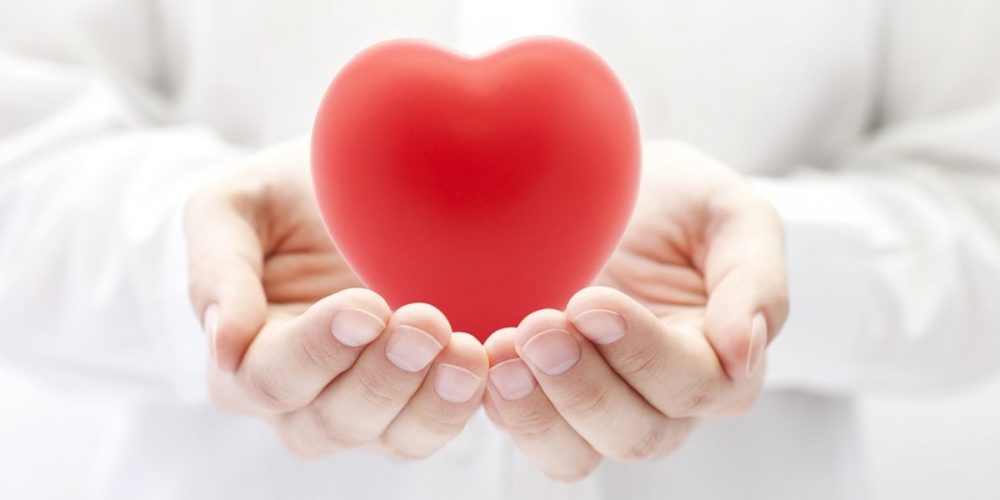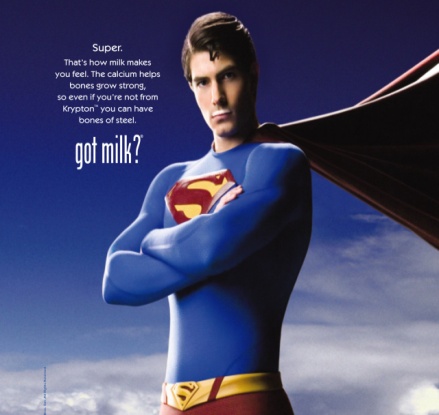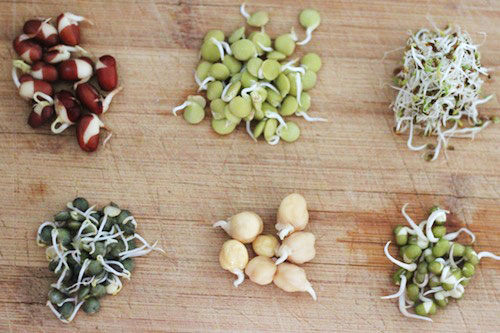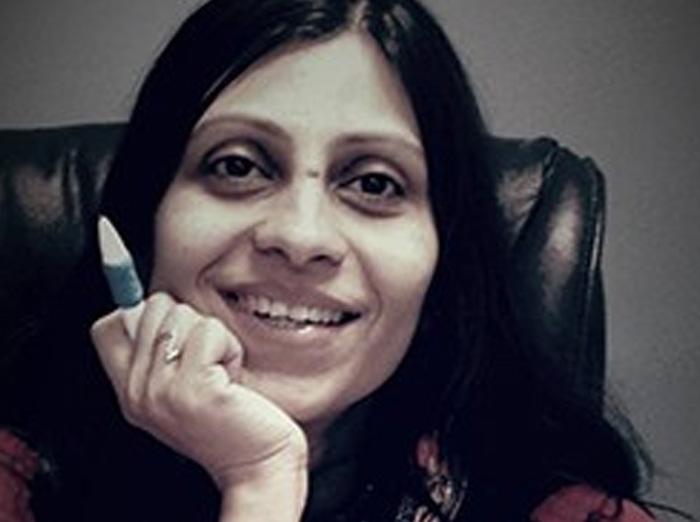By Sneh Jaisingh
INDIA New England Coumnist
World Health Organization defines health as a state of complete physical, mental and social well-being and not merely the absence of disease or infirmity.
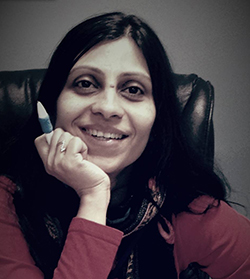 In other words, Health is a complete harmony of body, mind and spirit. An optimal well-being that contributes to quality of life.
In other words, Health is a complete harmony of body, mind and spirit. An optimal well-being that contributes to quality of life.
Often an imbalance, may be one of the contributors or a trigger to certain chronic health conditions like weight gain, hypertension, elevated triglycerides or cholesterol, for example.
I am dedicating the entire column to each topic to do enough justice to these topics and allow you to gradually incorporate each into your lifestyle.
We’ll start with Physical health. Simply put, Physical Health incorporates these FIVE pillars:
- HYDRATION
- SLEEP
- FOOD
- EXERCISE AND
- STRESS MANAGEMENT
And this week our focus is going to be on its first pillar, Hydration.
HYDRATION
Our body is made up of approximately 55-70% water and so are most of our vital organs as you can see in the infographic below.
Our body gets water from the food and liquids we consume and it loses it through urine, sweat and trace amount in feces. In order to stay healthy it is vital that the water intake to water output is balanced.
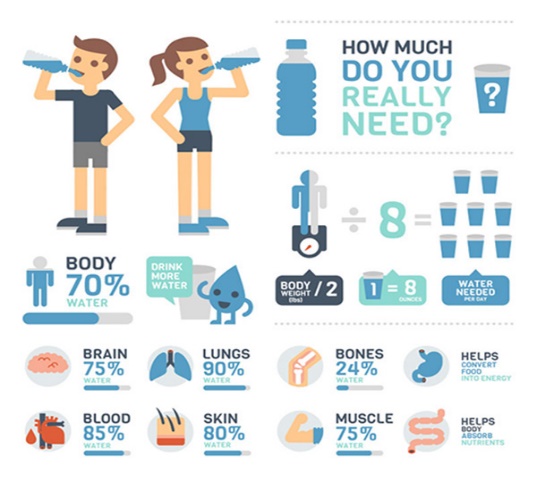 How does one stay hydrated?
How does one stay hydrated?
One can stay hydrated mainly by drinking water. There are also different kinds of fluids (juices, milk, soups, etc.) and water based fruits and vegetables (watermelon, tomatoes, lettuce, etc.) that can be help with hydration. But, nothing comes close to good ole’ water.
What are some common signs of dehydration?
· Little or no urine, or urine that is darker than usual
· Dry mouth and swollen tongue
· Sleepiness or fatigue
· Extreme thirst
· Headache
· Confusion
· Dizziness or lightheaded feeling
· No tears when crying
· Inability to sweat
· Palpitations
How much water should one consume?
Most of us are aware of “cardinal rule” that says adults should drink six to eight 8-ounce glasses of water per day. The truth is, this is an estimate and the actual amount you should be drinking per day can vary quite significantly.
There are multiple factors that can impact how much water you should be drinking. For now let’s keep it simple and to give you a ballpark idea.
Fluid needs in ounce = half of your body weight in pounds
EG: For someone who weighs 130 pounds, fluid needs will be 130/2 = 65oz
65/8oz = 8 cups
Now if you were to exercise, the American College of Sports Medicine recommends adding 12oz of water to your daily intake for every 30 minutes you plan to work out.
EG: If you were to exercise 30 mins and weigh 130 pounds
130/2 = 65 oz. +12oz =77oz
77/8 = approximately 10 cups.
Is Alcohol considered a good source of hydration?
It’s the reverse actually. Alcohol can cause dehydration as ethanol depresses the level of anti-diuretic hormone resulting in increased volume of urine. So it’s very important to keep yourself hydrated after consuming alcoholic beverages.
Can Caffeine be counted towards hydration?
Short answer, no. Caffeinated beverages can act as a mild diuretic and may cause the need to urinate more, though it’s not as alarming as alcohol. Moderation is the key. Again I can’t stress enough that nothing beats water.
And what about sodas, juices, fitness water, sports drinks?
Most of these are loaded with sugar and often artificial colors and preservatives that harm our body. In most cases athletes who do moderate to intense exercise don’t really need sports drinks or even caffeine loaded “energy” drinks to replenish the electrolytes. I see Propel fitness water is a new trend especially teenagers who are into body building, again it’s completely unnecessary. My recommendation is to keep it simple and not fall prey to marketing. Simple tap water is all that is needed.
In some cases however where one is running a Marathon or if the weather is hot, sports or electrolyte drinks can be of great help. My personal favorite is coconut water. I also suggest homemade sports drink a.k.a lemonade
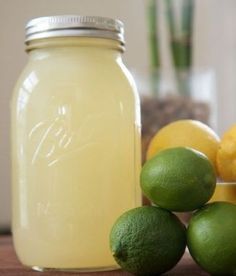 Recipe: DIY Sports Drink/Lemonade
Recipe: DIY Sports Drink/Lemonade
Ingredients:
· 4 cups filtered water
· 1/2 cup freshly squeezed lemon juice
· 1/4 teaspoon Celtic sea salt or Himalayan sea salt (or per taste)
· 1/4 cup organic coconut palm sugar (or more to taste)
Method:
Mix all the ingredients and store it in the refrigerator.
Tips for staying hydrated
- Drink 2 cups of warm water first thing in the morning, adding some lemon juice will make it detoxifying and alkaline. Great way to start your day.
- Keep a bottle of water with you during the day. Use reusable if possible and stay away from plastic.
- If you don’t like the taste of plain water, try infused water (add some berries, a slice of apple or some herbs/spice like cinnamon) or add a slice of lemon or lime to your water.
- Be sure to drink water before, during, and after a workout.
- If you have trouble remembering to drink water, you can set reminders or keep a journal. These days there are lots of apps you can use to help you meet your goals.
What works for me is drinking 1-2 cups of water every time I use the bathroom. It becomes a viscous cycle, the more I drink water the more I use the bathroom J
 The Urine Challenge
The Urine Challenge
Check the color of your urine.
Your goal- to keep it light or colorless.
Every time you use the bathroom and see the color darker, make sure to have a drink of water. Give it a try and do share your feedback/comments.
In the next column we will discuss about the 2nd pillar of Physical Health~ Sleep. Until then, work towards achieving your hydration goal.
Love and Light.
(Sneh Jaisingh, MS, LDN, CNC, INHC is an inspiring educator, innovator and practitioner in the field of integrative and holistic nutrition. With nearly 20 years of clinical experience, she has been an advocate for science-based mind and body wellness at conferences, seminars, workshops and through her writing.
Sneh is co-founder/creative director of NutriAge, an organization that offers individual and corporate wellness programs. They recently expanded their work and now offer programs in India and Australia. Sneh is a part of the “Food as Medicine” nutrition movement and is passionate about raising awareness and understanding, to use this knowledge in preventing/reducing risk of chronic diseases or simply general wellbeing.)




